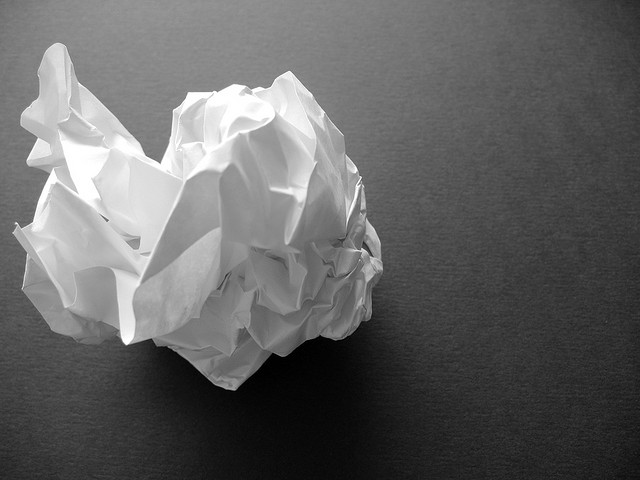Lee Kuan Yew and Oz: white trash or white tribe of Asia (1)
Pinning down great quotes can be an experience as ephemeral and exasperating as hunting the snark.
Lee Kuan Yew’s warning that Australia could become ‘the white trash of Asia’ has snark-like qualities. Yet having tracked the trash line through several decades, this column is ready to do pin-down duty.
My previous piece on LKY and Oz ended with some thoughts on the white trash quote. And, as with earlier writings on this subject, I got several inquiries about dating and even accurate attribution.
My short answer to the question is that the starting point for the white trash thought process was Lee’s first visit to Oz in 1965, a reference mark he often used in talking about Australia. Some of the old Asia hands (journalist genus) had LKY making the white trash prediction in private in the early 1970s. And in an interview with me decades later, Lee himself dated the quote from 1978 or 1979 and asserted his ownership.
Snark caught, case closed? Up to a point. Part of the problem is that through much of the 1980s, LKY disowned white trash. Asked about it at the National Press Club in Canberra on 16 April 1986, Lee denied the trash thrust, saying he was sure he could not be so rude. The hacks gathered there thought he certainly could. And, further, hacks tend to work to the rule that nothing is to be believed until it has been denied.
Over the decades, LKY’s white trash cogitation went through several phases and he put it to different uses. The denial phase in 80s marks a period when it was too explosive an idea, too close to Australia’s own fears. That’s why when some Federal Parliamentary researchers went looking for authorship of white trash, the earliest attribution they could find was to Rod Carnegie, the Australian mining executive. Here is Carnegie doing trash talk in 1982.
Bob Hawke’s dating of it as an LKY utterance is 1980—a bit late. White trash became part of the Oz chattering class zeitgeist through the later years of the 1970s. In discussing the quote quest, the journalist Nate Cochrane pointed me to this promo for a six-part ABC radio series in July 1979:
Australia’s Asian Future: Will Australia become the ‘poor white trash of Asia?’ Can Australia increase investment in Asia and accept more Asian imports without further disruption at home? Will increased trade in the Pacific Basin benefit the poor masses of Asia and the Australian workforce or will it simply benefit small elites and multi-national corporations? Will coming changes in the region restore our prosperity, or turn us in the ‘poor white trash of Asia?
As an exercise in snarking and quote pinning, I’ve trekked through the archives to trace Lee Kuan Yew’s tracks. LKY’s conception of Australia changed markedly over the decades, demonstrating how politicians can shape shift so that an attitude or even a phrase can take on different shades and meanings. In the Lee Kuan Yew telling:
- The 1960s is the White Australia experience that’s eventually flipped to become Lee’s white trash thrust. Lee took a lot from Donald Horne’s The Lucky Country but with plenty of shape shifting to make it fit for Singaporean purpose.
- The 1970s is the period when wrangling over race gave way to ASEAN arguments with Australia over trade barriers and Oz protectionism, plus some mighty individual battles between LKY and Gough Whitlam.
- In the 1980s, white trash had gone mainstream—so potent an image that LKY was afraid to touch it.
- By the 1990s, a decade of reform had shifted Australia a long way from trashdom. LKY could reclaim authorship, but he shifted the critique so it became part of his ‘Asian values’ argument. Australia could still fail the Asian test.
- In the first decade of the 21st century, the Asian financial crisis had torched ‘Asian values’ exceptionalism. LKY’s worry was that Australia wasn’t trashy enough, and too many Singaporeans wanted to leave home for the lotus land of Oz.
The next column will track the quotes.
